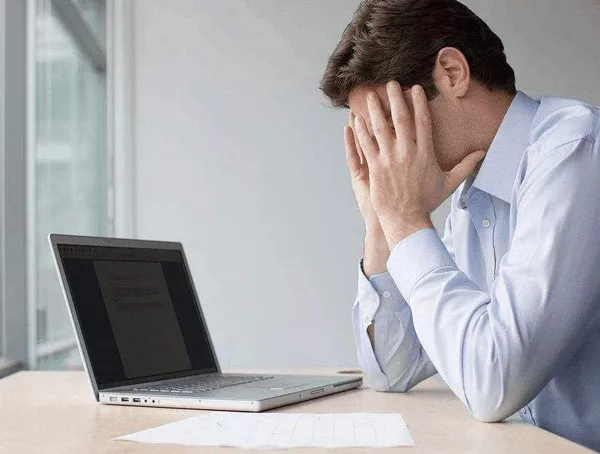The pervasive use of smartphones and social media has introduced new challenges for marital mental health. A study from the Journal of Social and Personal Relationships found that excessive screen time correlates with decreased relationship satisfaction, as partners often feel neglected or undervalued in favor of digital distractions.
Researchers observed that “phubbing” (phone snubbing)—ignoring a partner in favor of a phone—has become a common source of resentment. Couples who frequently engage in phubbing report higher levels of loneliness and lower emotional connection. In response, many are experimenting with digital detoxes—designated periods without screens—to reclaim quality time.
The study followed couples who implemented weekly tech-free hours or weekends. Participants reported improved communication, increased laughter, and a renewed sense of closeness. Removing digital interruptions allowed for deeper conversations and more meaningful interactions. Some couples also noted reduced anxiety, as constant notifications and social media comparisons had been contributing to stress.
However, the transition isn’t always smooth. Partners who rely heavily on technology for work or social connections may resist detoxes initially. Experts recommend starting small, such as implementing device-free dinners, and gradually expanding the practice. The key is mutual agreement and flexibility, ensuring that both partners feel heard and respected.
Therapists also highlight the importance of addressing underlying issues. For some, excessive screen use is a coping mechanism for marital dissatisfaction or personal stress. In such cases, a digital detox alone may not suffice, and couples therapy could be beneficial to explore deeper concerns.
















